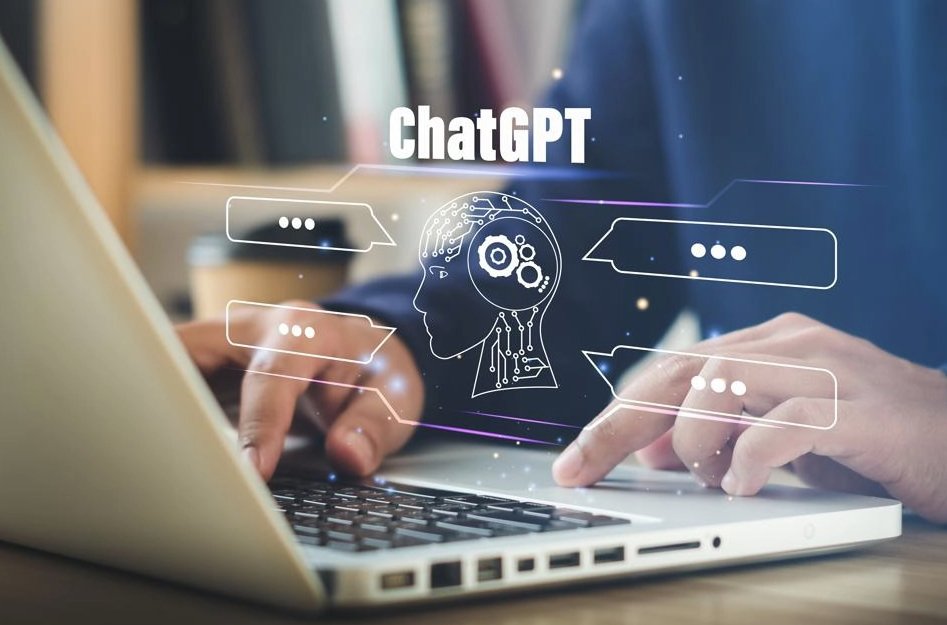When officially released at the end of last year, ChatGPT immediately became a craze and was praised as one of the most impressive technological advancements of the year.
This artificial intelligence (AI) chatbot can generate text on almost any topic, from writing Shakespeare’s sonnets to explaining complex mathematical theorems in language a 5-year-old can understand.
Within a week, ChatGPT had more than a million users.
OpenAI, the software research and development company that produced ChatGPT, is attracting large capital from investors, including $10 billion from Microsoft.
ChatGPT works by scanning documents on the internet and providing real-time results.
The content ChatGPT provides is sometimes very smart and clever, this tool even knows how to change the answer based on user suggestions, but sometimes it is completely wrong, even though the interpretation sounds good.
ChatGPT’s predecessor, GPT-3, also possesses impressive information chaining and synthesis capabilities.
From there, a more advanced version of GPT-3, ChatGPT, was born, with the ability to automatically eliminate harmful information better.
OpenAI partners with Sama, an organization based in San Francisco.

Even though they are exposed to harmful content about violence, sex, and self-harm every day, they are only paid low wages.
According to Partnership on AI, an AI organization that OpenAI belongs to, “human” resources have become blurred partly because people want to promote and honor the independence of artificial intelligence.

In a slowing economy amid a recession, investors have poured billions into “next generation AI,” with optimism that computer-generated text, images, video and audio
But contrary to that glamor and promising future, there is a group of people in the southern hemisphere who are struggling to contribute to an empire worth billions of dollars but only receive the minimum wage.
According to the working contract between OpenAI and Sama, OpenAI will pay Sama a salary of $12.5 per hour, 6 to 9 times the amount that Sama employees actually receive.
Regarding the work process, about thirty employees are divided into three teams, each team focuses on distributing different types of content.
An employee at Sama tasked with reading and classifying text for OpenAI told TIME magazine that he often hallucinates when reading deviant, immoral sexual content.
Because the workload was too terrible and could seriously damage employee morale, in February 22, Sama canceled the cooperation with OpenAI, 8 months earlier than expected.
The decision to end its relationship with OpenAI also means that Sama employees no longer have to grapple with toxic texts and images, but their livelihoods are also affected.
Besides OpenAI, Sama also works with Facebook.
“ChatGPT and similar models deliver impressive results, but they are not magic,” said Andrew Strait, a researcher who studies the rules of AI.


